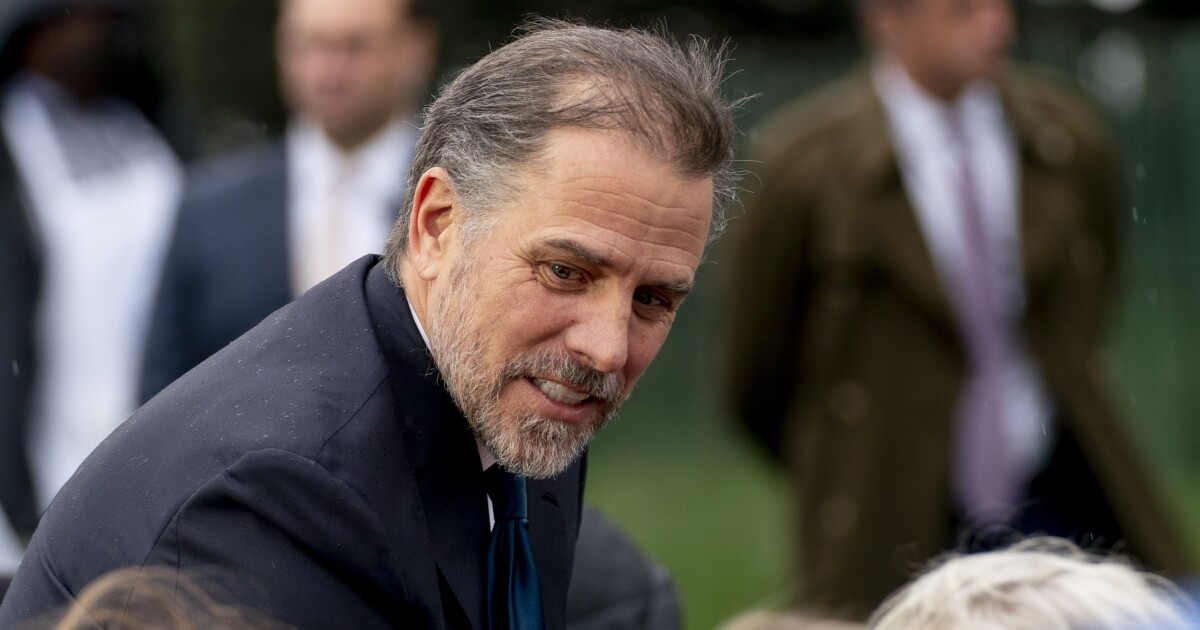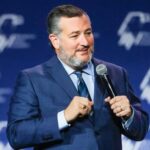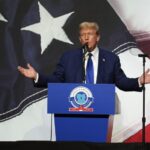

The top prosecutor in the Central District of California told Congress he declined to partner with special counsel David Weiss on the Hunter Biden case after Weiss approached him last year about pursuing charges in that district.
U.S. Attorney Martin Estrada said, however, that he did not believe his decision in any way hindered Weiss from bringing the charges on his own in California if he wanted to, according to a transcript of Estrada’s interview reviewed by the Washington Examiner.
NOVEMBER TO REMEMBER: SHEILA JACKSON LEE LEADS ROUNDUP OF INTRIGUING MAYORAL RACES
Estrada detailed his interactions with Weiss’s office to the House Judiciary Committee this week and addressed allegations first made by two Internal Revenue Service whistleblowers this spring that Estrada may have prevented Weiss from charging Hunter Biden in his jurisdiction.
The whistleblowers, who were both heavily involved in the yearslong case, said the DOJ had supported charging Hunter Biden for tax crimes from 2016 to 2019 in California, but those charges have yet to materialize.
Hunter Biden planned to plead guilty to two tax-related misdemeanors for 2017 and 2018, but that plea deal fell apart this summer and questions now remain whether those charges will reemerge or if any other charges will be brought by Weiss.
Estrada, who was appointed by President Joe Biden and took office in September 2022, said he learned about the existence of the first son’s case soon after taking his seat. He said Weiss’s office had requested Estrada’s office “partner” or “cocounsel” on “charges that were being contemplated” at the time against Hunter Biden.
Estrada said he had a meeting about Weiss’s request with his Major Fraud Section chief and Criminal Division chief, who he said had more than 40 years of combined prosecution experience, and that they both recommended against joining Weiss on the case.
Based on their recommendations, “I agreed that we would not partner or cocounsel in the prosecution; but I did tell Mr. Weiss that we’d provide office space and administrative support for his attorneys in their prosecution,” Estrada said.
He said Weiss thanked him and hung up and he never heard from Weiss again until they spoke on the phone on Sept. 19, 2023. Estrada would not disclose the contents of that call.
Prior to the interview, the DOJ had written a letter to Estrada instructing him to stay strictly within the topic of Estrada’s decision not to partner with Weiss and to otherwise adhere to the department’s long-standing position that it does not discuss nonpublic information about ongoing investigations. Estrada was accompanied by two DOJ lawyers during the interview who repeatedly interjected to keep Estrada within the interview’s predefined scope.
Estrada laid out how he based his decision not to partner with Weiss on two factors, one being whether it was practical resource-wise, and two being whether the case was provable beyond a reasonable doubt.
Estrada emphasized throughout the interview that his office was swamped and understaffed.
The largest of the federal districts at about 20 million people, Estrada said his office was inundated with fentanyl-related cases and that his limited resources were also directed to gun crimes, issues with Chinese influence in elections because his district was a “gateway to Asia,” and high-profile cases of local public corruption.
His district, covering deeply blue regions of the Golden State, was also the “gang capital of the country” and the “hub for every cartel in this country,” Estrada said.
“We have a violent crime crisis where, for a variety of reasons, including some of the local policies, there has been an increase, certainly in our view, of violent crime and use of handguns in crimes. We have taco vendors on the streets getting robbed at gunpoint. So we are doing more of those types of offenses than we ever have before. We don’t have enough resources to do those,” Estrada said.
He would not elaborate on the second consideration with Weiss — whether he thought the Hunter Biden charges flagged by Weiss were provable beyond a reasonable doubt.
Estrada’s testimony is similar to that of U.S. Attorney Matthew Graves, who told Congress this month he too declined to partner with Weiss on charging Hunter Biden in Washington, D.C., saying that move would have been “exceedingly rare.”
“The challenge is — particularly when you’re talking about U.S. attorney and U.S. attorney — is you’re bringing in another chain of command. And once you’re partnered, you have to reach a consensus,” Graves said. “So, as a manager, in general, we don’t want to do that.”
Graves added, “You’re kind of buying a mansion without an inspection, and whatever problems exist, you are buying those.”
Estrada, for his part, said he had no personal experience partnering with another U.S. attorney but offered that federal prosecutors could easily be granted special authority to prosecute outside of their jurisdiction.
Estrada noted that some in Delaware already possessed the authority to litigate in Central California.
CLICK HERE TO READ MORE FROM THE WASHINGTON EXAMINER
Estrada and Graves both emphasized that they would have supported Weiss administratively if Weiss needed it.
“My understanding was that he could bring charges in my district,” Estrada said. “My understanding was that, if he wanted to bring those charges in my district, he could bring those charges in my district.”





